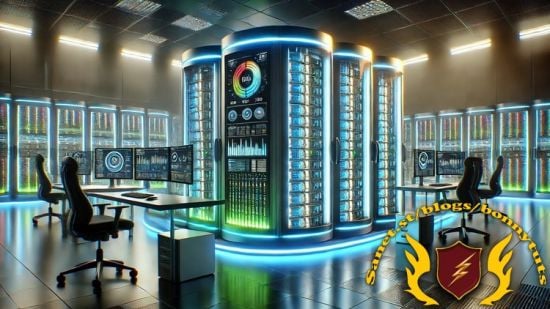
Published 11/2024
Created by CloudsArk IT Training
MP4 | Video: h264, 1280×720 | Audio: AAC, 44.1 KHz, 2 Ch
Level: All | Genre: eLearning | Language: English | Duration: 45 Lectures ( 3h 43m ) | Size: 670 MB
A comprehensive course to empower Linux and DevOps engineers with Python for automation and orchestration
What you’ll learn
Configure Python environments on Linux systems, using editors like VSCode or Vim, and manage virtual environments effectively
Write Python scripts using fundamental syntax, data types, control structures, and data structures like lists and dictionaries
Automate system tasks with Python, including file handling, text processing with regular expressions, and OS interactions
Apply Python in DevOps workflows to automate Git operations, manage CI/CD pipelines, and interact with tools like Ansible, Docker, and Kubernetes
Requirements
Basic Knowledge of Linux: Familiarity with Linux operating systems and command-line interface
Understanding of DevOps Concepts: Basic awareness of DevOps practices and tools
Prior Programming Experience (Beneficial but Not Required): Some experience with programming concepts can be helpful
Access to a Linux System: A computer running a Linux distribution to install Python and other tools
Text Editor or IDE: Tools like VSCode or Vim installed for writing and editing code
Internet Connection: For downloading software, accessing online resources, and working with cloud services
Description
Welcome to our Python course tailored for Linux and DevOps engineers. In this course, we’ll start by setting up your Python environment on Linux systems, exploring different text editors and IDEs like VSCode and Vim, and managing virtual environments.We’ll cover the basics of Python, including its syntax, data types, and how to perform input and output operations. You’ll learn about control structures like conditional statements and loops, as well as fundamental data structures such as lists, tuples, sets, and dictionaries.Functions and modules are essential parts of Python programming. We’ll learn how to define functions, work with different types of arguments, and organize code using modules and packages. We’ll also delve into file handling, exception management, and interacting with the operating system using Python’s built-in modules.Automation is a key aspect of DevOps, so we’ll focus on writing scripts to automate system tasks, process text with regular expressions, and parse configuration files. Networking topics will include basic socket programming and working with web services and APIs.We’ll explore how to interact with databases, perform CRUD operations, and use Object-Relational Mappers like SQLAlchemy. The course also integrates DevOps tools, showing how to automate Git operations, manage CI/CD pipelines, and work with infrastructure as code using Ansible and cloud SDKs.Containerization and orchestration topics will cover automating Docker and interacting with Kubernetes using Python. We’ll emphasize secure coding practices, testing, and debugging to ensure your code is reliable and safe.In the advanced section, we’ll touch on concurrency, parallelism, and packaging your Python applications for distribution. Finally, you’ll apply what you’ve learned in a capstone project, developing an automation tool or script relevant to your work.We hope this course provides you with practical skills to enhance your efficiency and encourages continuous learning in your DevOps journey.
Password/解压密码www.tbtos.com